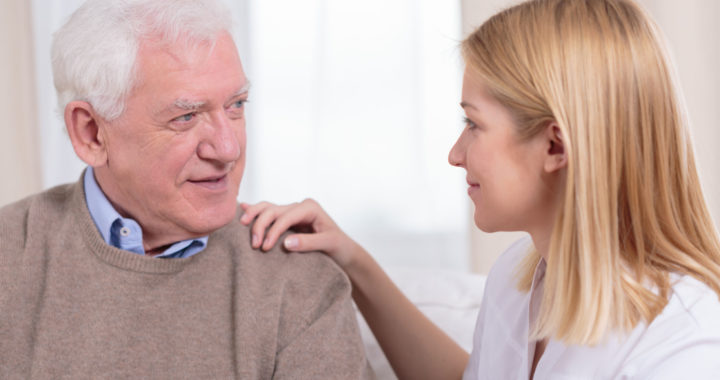By Diane Lotto, LCSW
After her husband died, Sandra began having trouble sleeping. She tried many over the counter remedies to help her sleep, but nothing helped. Sandra was hesitant to speak with her doctor about it as she knew that many prescription sleep aides were addictive, and she was concerned about becoming dependent on them. Instead, Sandra found that when she had two glasses of wine before bed, she was able to fall asleep just fine.
This is a common scenario for millions of seniors across the United States. In fact, drug and alcohol use is rapidly rising among the 65+ population as the Baby Boomer generation is moving into older adulthood. According to the National Institute of Health (NIH), approximately 2.8 million Americans over the age of 50 struggled with alcohol or substance use from 2002-2006 (www.nih.gov). It is estimated that by the year 2020, that number will reach nearly 6 million.
While we are aware of these statistics, treatment options for older adults remain scarce. Seniors are often left to suffer in silence with their addictions, afraid of facing judgment, rejection, and shame from their families, friends and medical providers. And despite the statistics, in a study by Project SHARE and NIH, only 11% of older adults were asked about alcohol use in the previous year during their annual physical exam (www.nih.gov). So while substance use issues have become a major part of the dialogue about health across the country, older adults are nearly always left out of the conversation.
There are many factors that can influence seniors, their use of substances, and their seeking treatment. Older adults are more likely to be facing issues related to grief and bereavement due to the loss of spouses, parents, and sometimes even children. At times, grief can lead to depression and other mental health issues, which in turn can lead to substance use if left untreated. Also, many older adults face issues related to chronic pain and illnesses and may be prescribed medications that are potentially addictive or come with a risk of adverse interactions with alcohol and other drugs. Older adults are more likely to be living alone, thereby allowing their behavior to go undetected by friends and loved ones.
Older adults also face a distinct set of barriers when identifying substance use issues and looking for support in their communities. When it comes to treatment options, many seniors feel that they don’t even know where to start. Medicare only covers a very small range of substance use treatment facilities, and often for a very limited duration of time. Also, there are few treatment facilities with programs specifically designed for seniors, meaning that many individuals feel out of place. Many seniors in recovery rely on Alcoholics Anonymous (AA) for support in their recovery; however, some feel uncomfortable attending AA because of the potential stigma and resulting shame. Other individuals face more practical barriers, such as being homebound, lacking transportation, or not knowing how to find the nearest meeting.
One positive way to engage seniors and help them secure the substance use treatment they need is through a combination of peer support and home-based services. The Senior Partnership Services mobile team at CoveCare Center integrates peer support into home-based services and helps seniors find the treatment they need. A certified peer recovery coach meets with seniors in their homes or at a convenient place in the community and helps them create an individualized plan to begin their path toward recovery. Recovery coaching gives individuals the opportunity to talk face-to-face with someone who has lived experience with mental health and substance use and is on his or her own journey to recovery. This type of coaching empowers seniors to determine what type of treatment they are interested in and how they envision a life without alcohol and drugs while eliminating many of the barriers to joining the recovery community. Recovery coaching allows seniors to feel supported, hopeful and less alone on their journey toward recovery.
